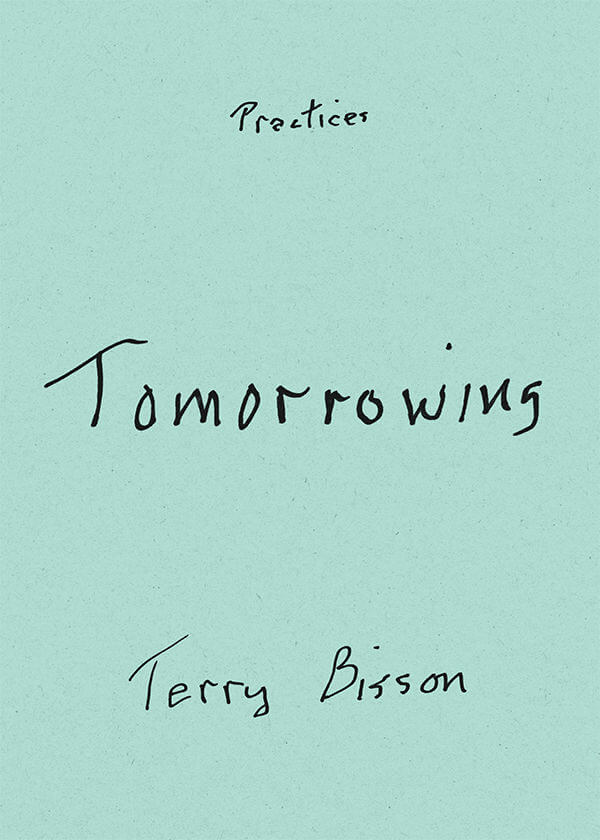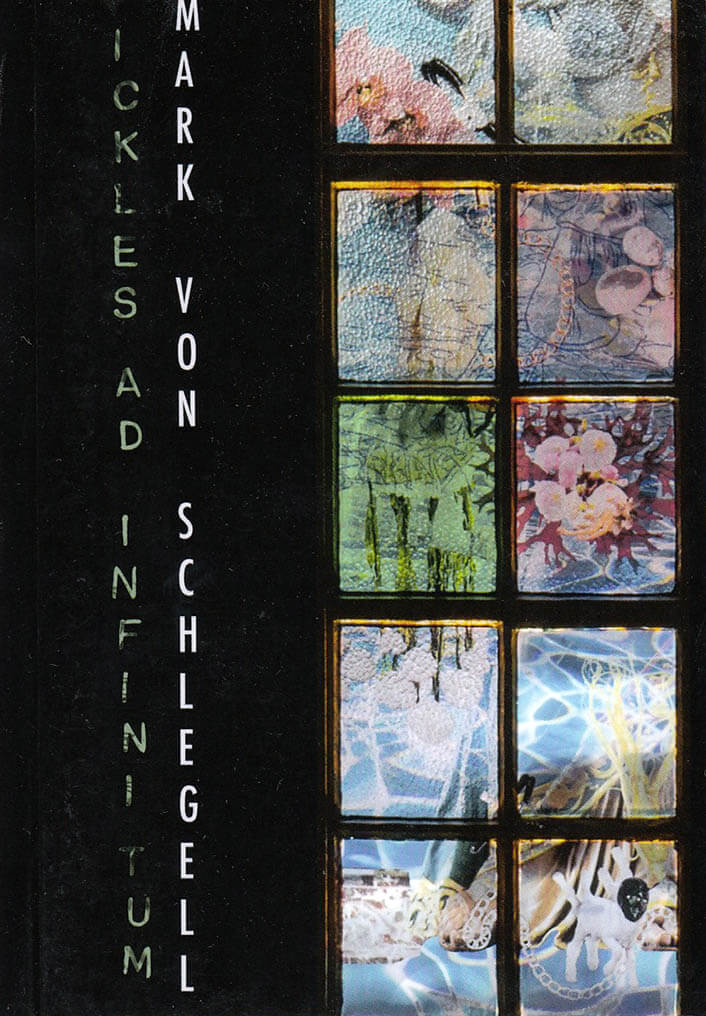
Tomorrowing
For twenty years, Terry Bisson published a regular “This Month in History” column in the science fiction magazine Locus. Tomorrowing collects these two decades of memorable events, four per month, each set in a totally different imaginary yet possible, inevitable yet avoidable future. From the first AI president to the first dog on Mars to the funeral of Earth’s last glacier, these stories are speculative SF at its most (and least) serious.
Collected as a series for the first time, Tomorrowing will amuse, alarm, intrigue, entertain, and like all good science fiction, make readers think. Bisson’s short stories have won every major award in science fiction, including the Hugo and the Nebula, but never, ever anything for this series.
Language: English







